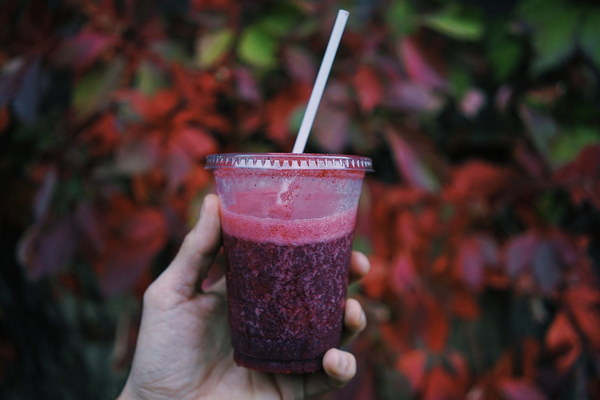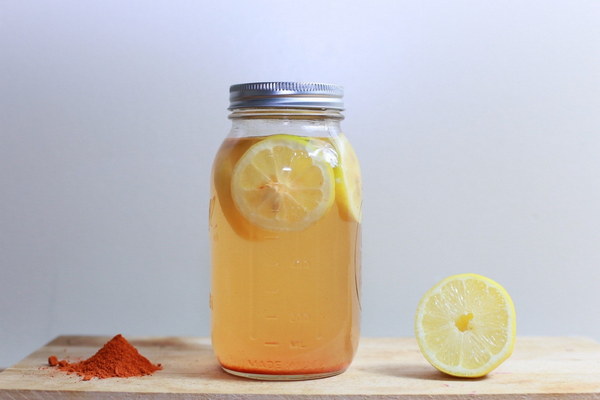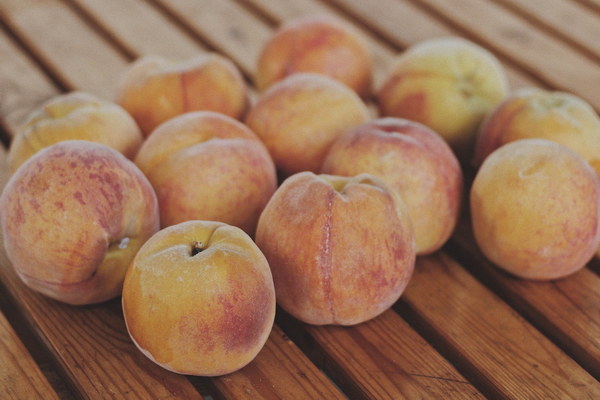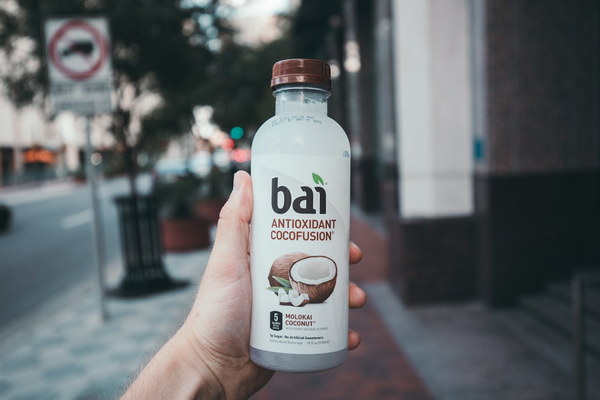The Traditional Chinese Medicine Formula A Deep Dive into the Yinyin Qingfei Decoction
The Yinyin Qingfei Decoction is a classical Chinese herbal formula that has been used for centuries to treat various respiratory disorders. This comprehensive article will delve into the origin, ingredients, and therapeutic properties of the Yinyin Qingfei Decoction, shedding light on its significance in traditional Chinese medicine (TCM).
Origin and Historical Background
The Yinyin Qingfei Decoction was first recorded in the Shang Han Za Bing Lun (Treatise on Cold Damage and Febrile Diseases) by the renowned physician Zhang Zhongjing in the 3rd century AD. The formula is a key component of the Shang Han Lao Shu, a collection of TCM formulas for treating febrile diseases. Over the centuries, the Yinyin Qingfei Decoction has been refined and adapted to address a wide range of respiratory conditions.
Ingredients
The Yinyin Qingfei Decoction consists of several herbs, each with its unique therapeutic properties. The primary ingredients include:
1. Radix Isatidis (Banlangen): This blue-green herb is the main ingredient of the formula and is known for its cooling and detoxifying properties. It is often used to treat fevers, sore throat, and inflammation.
2. Radix Platycodi (Jie Geng): This plant's root is used for its ability to nourish the lung yin and relieve cough. It is also known to disperse phlegm and reduce swelling.
3. Herba Epimedii (Xianlingpi): This herb is used to nourish the kidney yin and improve immune function. It is also effective in treating nocturnal emissions and dizziness.
4. Radix Scutellariae Baicalensis (Huangqin): This herb is known for its cooling and detoxifying properties. It is commonly used to treat fevers, jaundice, and inflammation.
5. Rhizoma Alismatis (Ze Xie): This herb is used for its diuretic and anti-inflammatory properties. It is often combined with other herbs to treat edema, heart failure, and kidney disease.
6. Rhizoma Atractylodis Macrocephalae (Cang Zhu): This herb is used for its ability to strengthen the spleen and stomach, and to alleviate dampness. It is commonly used in combination with other herbs to treat diarrhea, abdominal pain, and edema.
7. Fructus Schisandrae Chinensis (Wu Wei Zi): This fruit is known for its ability to tonify the kidney and enhance the immune system. It is also used to treat anxiety, fatigue, and stress.
Therapeutic Properties
The Yinyin Qingfei Decoction is primarily used to treat yin deficiency and heat in the lung and upper body. It is effective in the following conditions:
1. Acute and chronic bronchitis

2. Pneumonia
3. Sore throat
4. Cough with phlegm
5. Feverish sensation
6. Dry mouth and throat
7. Night sweats
8. Fatigue
The formula's therapeutic properties include:
1. Cooling the lung yin: The Yinyin Qingfei Decoction helps to nourish the lung yin, which is essential for maintaining respiratory health. It relieves dryness in the throat and reduces cough.
2. Detoxifying: The formula's cooling and detoxifying herbs help to eliminate heat and toxins from the body, which can lead to various respiratory disorders.
3. Strengthening the immune system: The Yinyin Qingfei Decoction helps to enhance the body's immune response, making it an effective preventive measure against respiratory infections.
4. Improving overall well-being: Regular use of the Yinyin Qingfei Decoction can improve overall health and well-being, as it nourishes the body's yin and strengthens the immune system.
Conclusion
The Yinyin Qingfei Decoction is a time-honored TCM formula with a rich history of treating respiratory disorders. Its unique blend of herbs offers a natural and effective way to nourish the lung yin, detoxify the body, and strengthen the immune system. As with any herbal medicine, it is essential to consult with a qualified TCM practitioner before beginning treatment to ensure the formula is appropriate for your specific condition.









